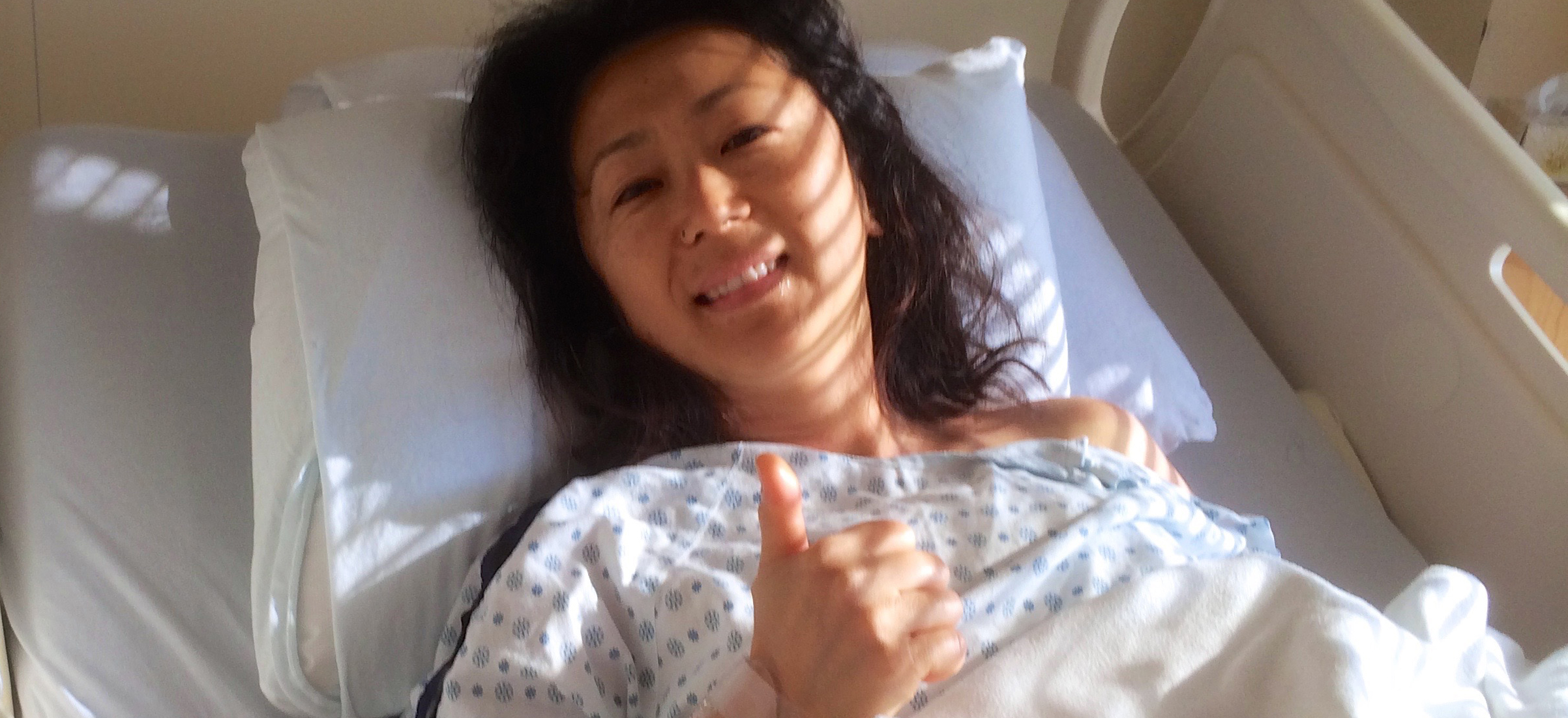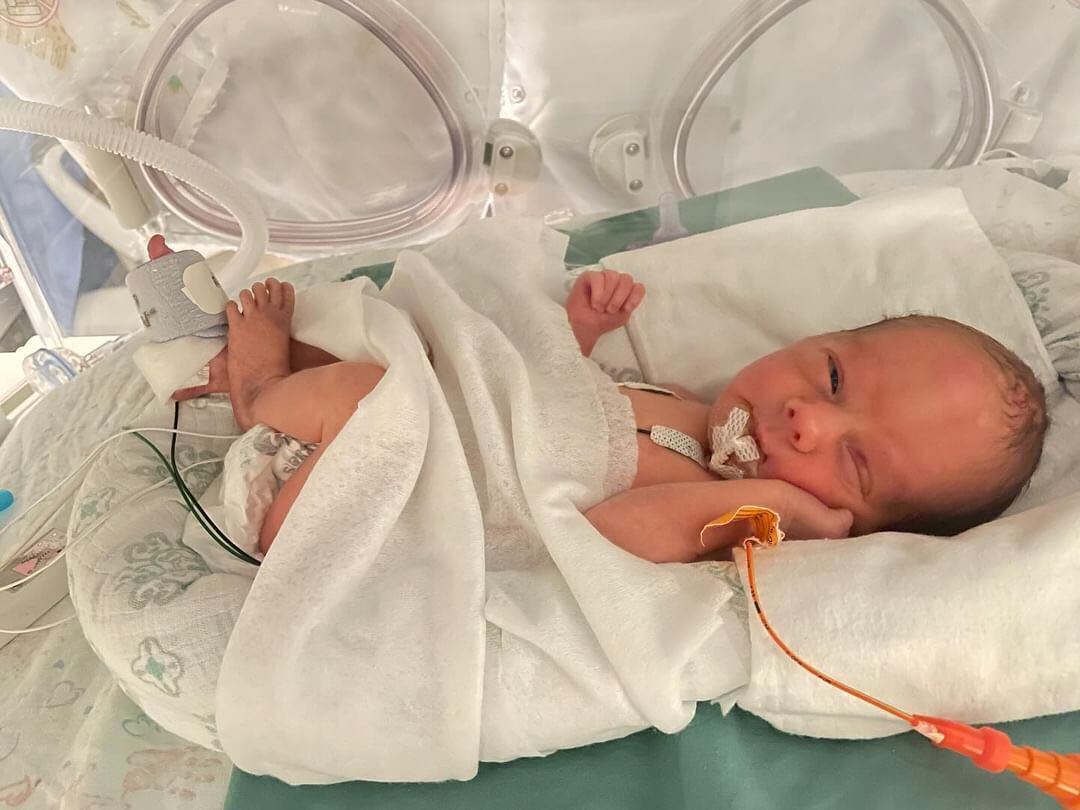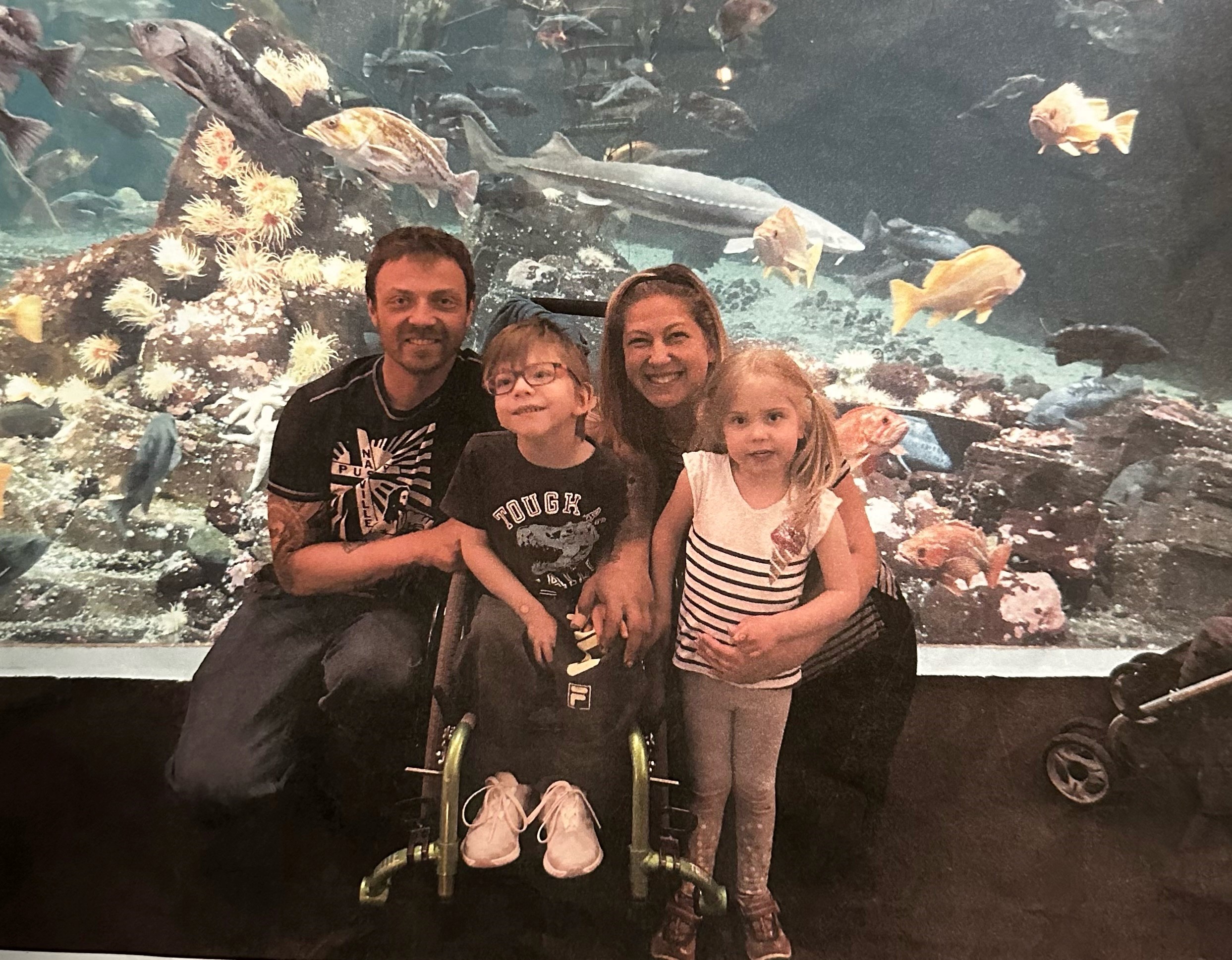
As a reporter and anchor for more than 20 years, Mi-Jung had written hundreds of stories. But the hardest was her own. She was getting ready to anchor CTV News at 5 when her phone rang. It was her doctor with her biopsy results. She tried to focus on what he was telling her in the middle of a loud, hectic newsroom.
She found out she had breast cancer. She found out one hour before anchoring the news. Her resilience allowed her to make it through the entire broadcast. It was difficult, but she knew it would be even harder to tell her sons. They were 13 and 15 at the time.
“I tried to hold it together as I watched the boys faces fill with fear and sadness. It broke my heart to see teenage boys trying to hold back tears, to be brave for their mom.” She told them she would get treatment, and ended up having 2 lumpectomies. She desperately hoped that would be it, that the cancer would be gone. But there were still pre-cancerous cells in the margins, around the lump, so she decided to get a mastectomy.
When she reflects on that time, she’s not thinking about the post-surgery bandages, or the drainage tubes hanging down from her incision. She uses the imagery of a portrait mode: where the fear and pain are blurry, in the background. But front and centre, in complete clear focus, she sees the faces of her family and friends who supported her as she healed.
She had friends who had just gone through their own breast cancer journey. They shared advice, listened, encouraged. People would even just drop off meals. She promised she would do the same for others one day.
But she still had questions. How did Stage 1 cancer lead to three surgeries in only four months? What if it had been found earlier? Mi-Jung had no family history of breast cancer. She had a healthy lifestyle. She got regular mammograms. But even after she found the lump herself, while doing a self-examination, the cancer still wasn’t appearing on her mammogram.
It turned out she had dense breast tissue. On a mammogram, cancer shows up as white… but so does dense tissue. It’s like finding a snowball in a snowstorm.
Forty percent of women have this type of dense tissue. And women with dense tissue are up to six times more likely to get cancer. Mi-Jung deserved to know this earlier. Her reporters instinct kicked in. She wanted to investigate why women weren’t being told their breast density.
So when she returned to work, she did a series of stories about her journey. She talked about breast density and how Canadian women weren’t being told. That was now five years ago. And finally, just last year, the provincial government announced they would be the first province in Canada to notify women on their results letter.
This is an acknowledgment that information is power. Information is directly linked to autonomy for women. And lack of information is just one of the many barriers women face in accessing the high quality healthcare they deserve.
Read other women’s real stories
Disclaimer: BC Women’s Health Foundation is BC’s largest non-profit organization dedicated to advancing the full spectrum of women’s health. The information shared on our website or social media is not intended to be a substitute for professional medical advice, diagnosis, or treatment. Always seek the advice of a qualified health provider with any questions about your medical condition.
-
Hope and Healing for BC’s Most Vulnerable
Not all pregnancies go smoothly. Some new moms encounter a multitude of life-threatening challenges. This was ...
Read more -
Immunoassay Analyzer for Newborn Screening
Simply put, early detection through newborn screening is saving lives. Baby Harri was one of the fortunate bab...
Read more -
A Journey of Hope + Gratitude
"You just never know how much you’ll appreciate a great facility like this until you go through something yo...
Read more



